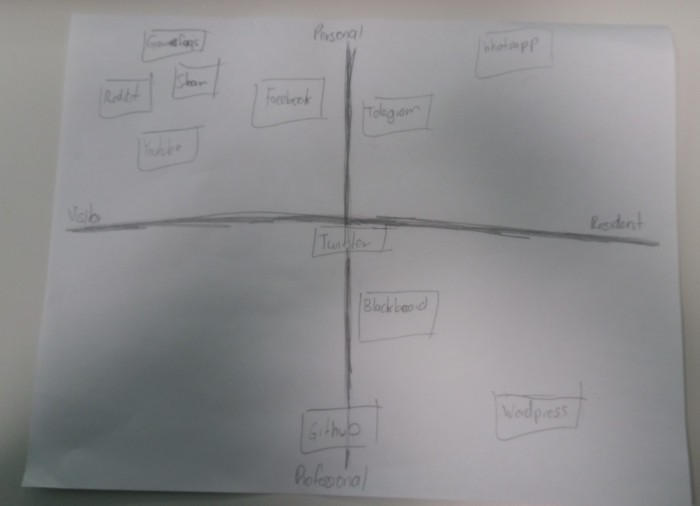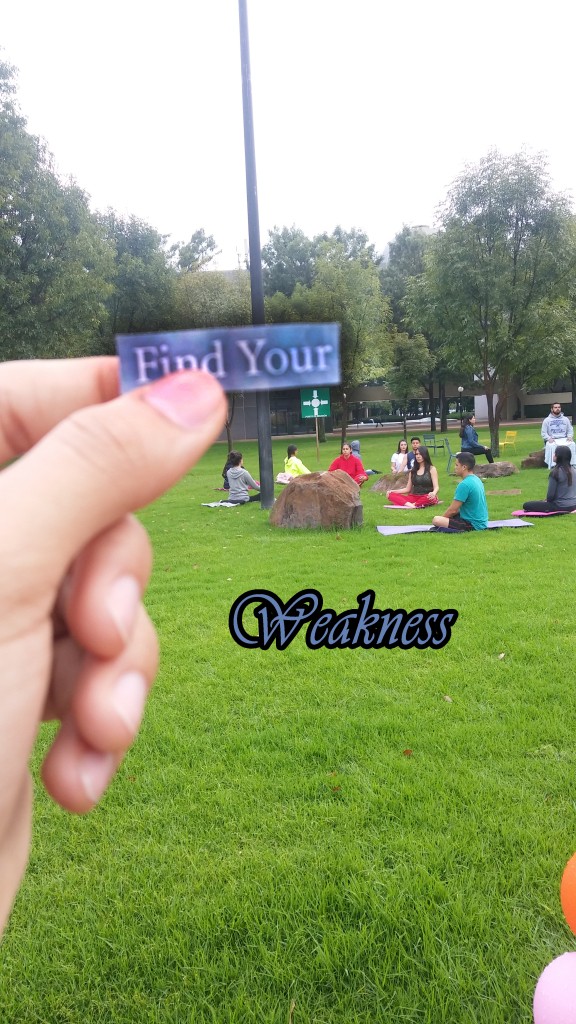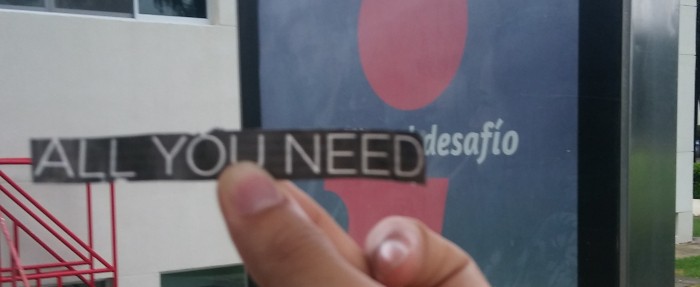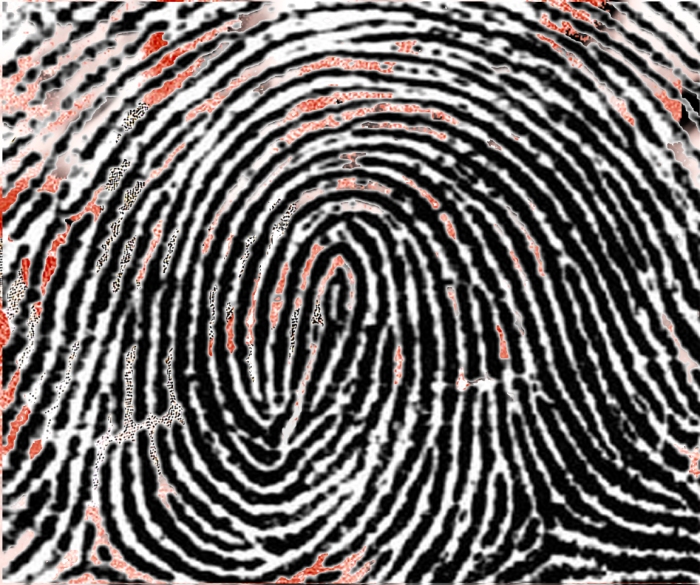--Originally published at Digital Identity-iTec

This is the last post related to the course iTec – Digital Identity from iWeek, so I will will write about my thoughts of the course and some things that I think that the course lacked.
In general the course was awesome, I really liked it even though it wasn’t was I expected,by saying this I mean that I thought that the course was about how to protect your information in the internet or something like that.
I never imagined that having a digital identity would have lot of advantages, what impressed me the most is that it creates opportunities and that it is not something bad like most people say. For example, I have heard a lot that you become an antisocial if you are in the internet, but the reality is other because you are actually interacting with communities and learning from them about different things, they are not with you physically but you are still trading ideas from different perspectives.
About the course itself and how the teacher taught us was in general great. I liked that he invited some experts about the course so we could ask some questions and learn from them. From my perspective, I wanted to ask questions but I didn’t know what to ask, is not because I wasn’t paying attention, sometimes I was and a acknowledge it, but something that I do when learning new things is that I organize all the information and that is when come up with some doubts, and all the new things (specially from the third day of the course) were like floating in my mind without knowing where to put them. What I means is not that what I was taught was bad but that I needed a kind of introduction from the teacher not only about what we will do in the class that day but also about what we will be discussing that day. This is why I would suggest a small introduction between 10 to 15 min (or less) before starting the session of the day.
I still learned a lot regardless of what I said above, and with that suggestion, at least in my case, I could have learned much more and get my ideas much more organized.
















